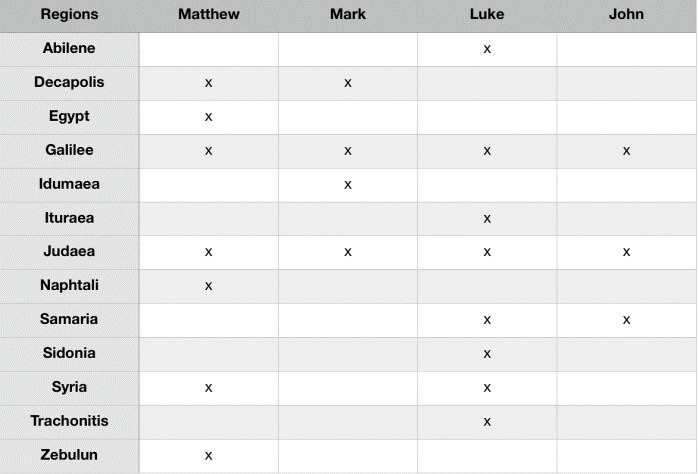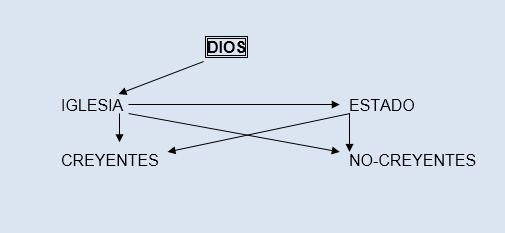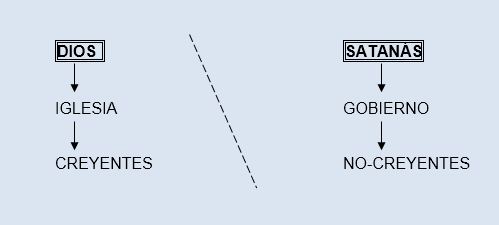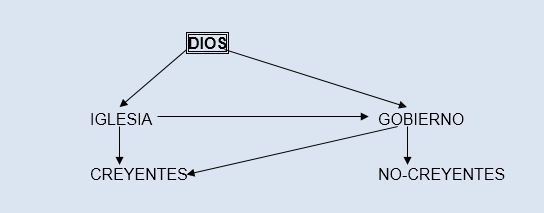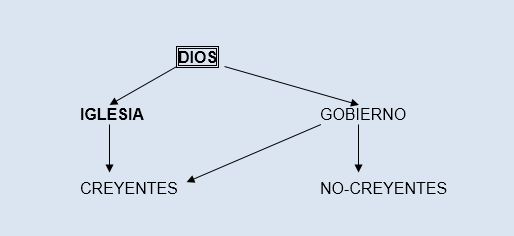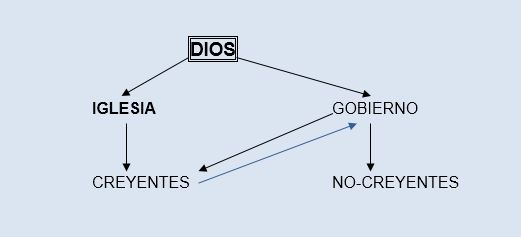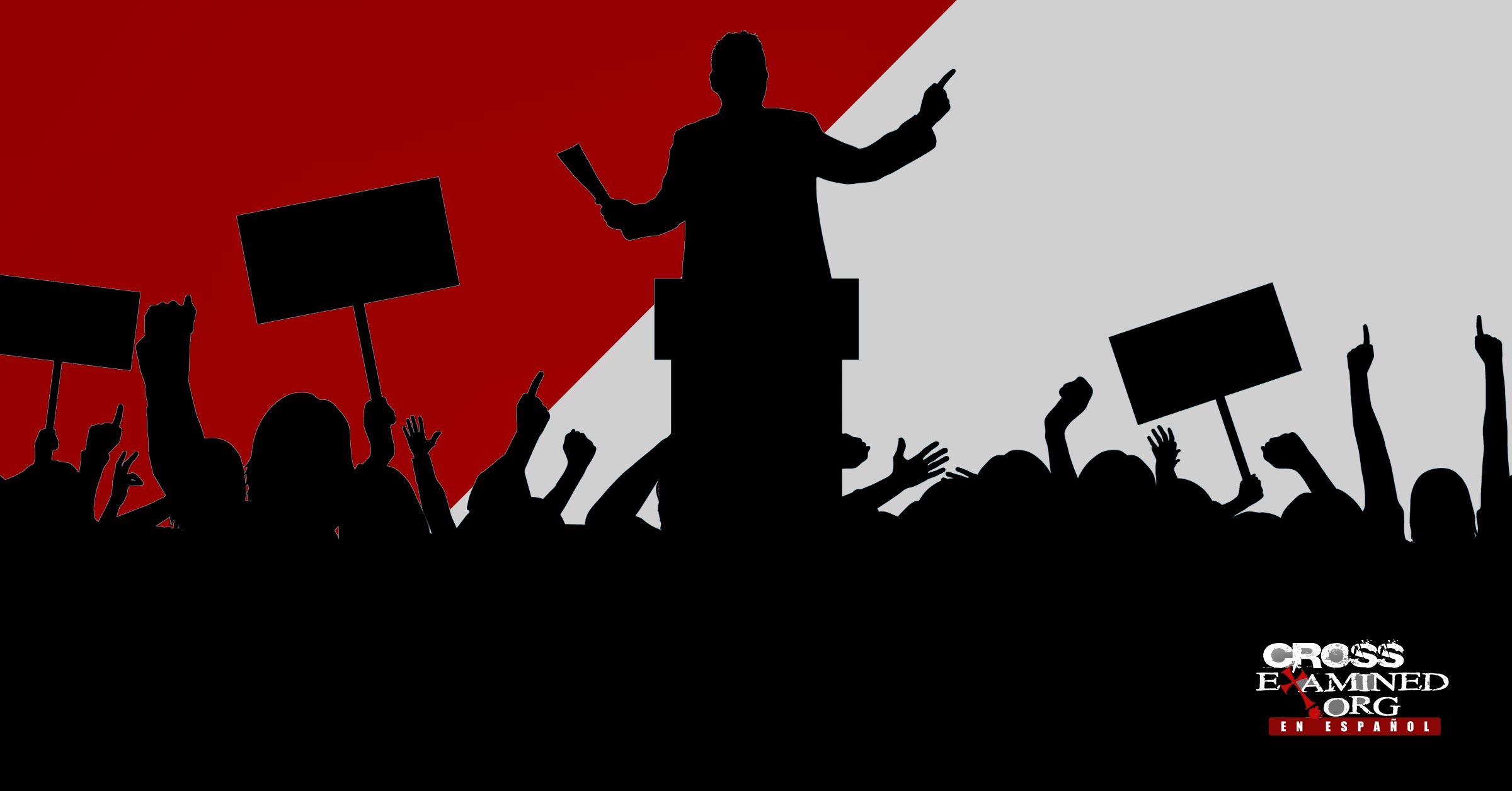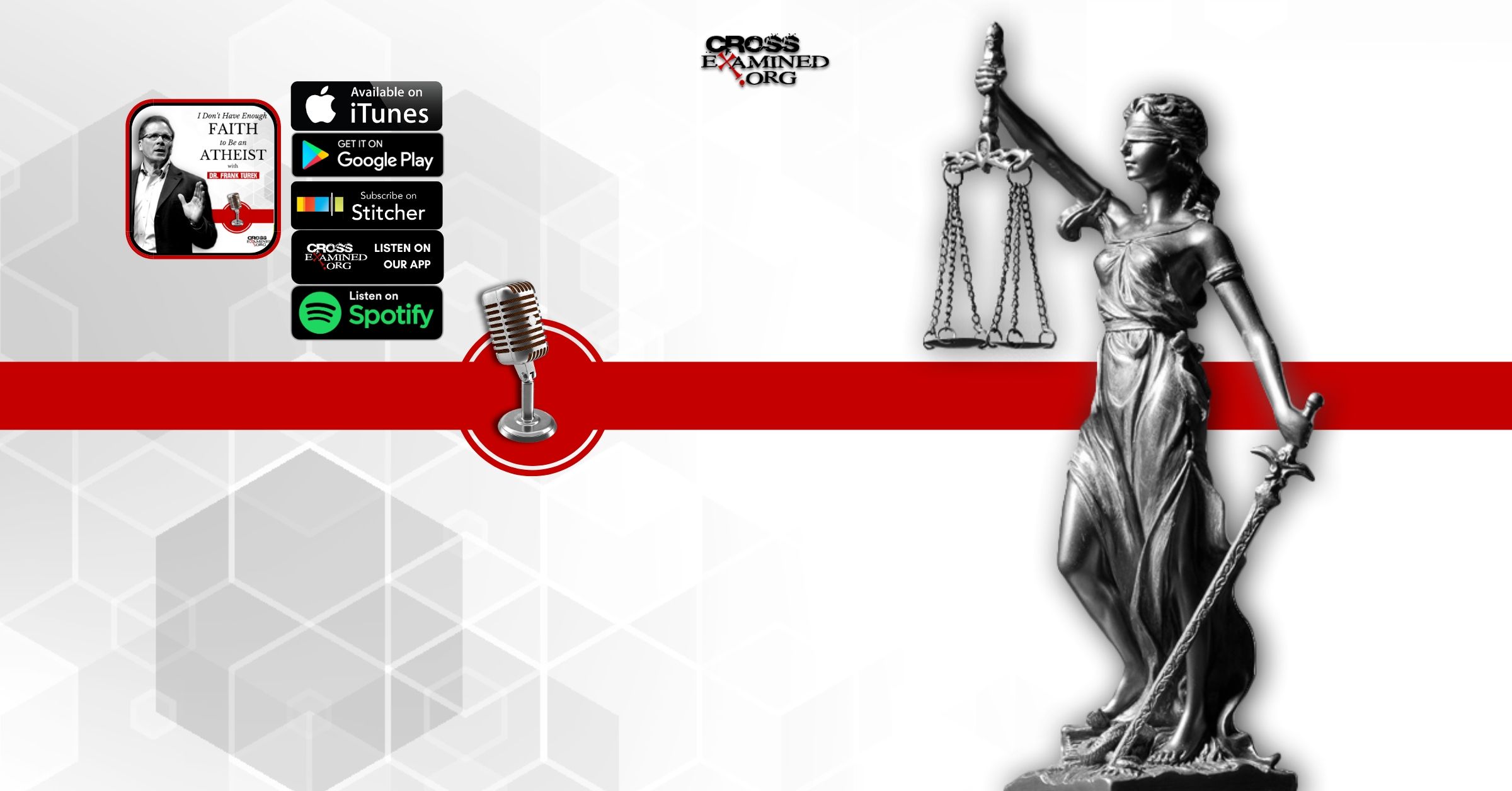We’re told by skeptics that eye-witnesses didn’t write the Gospels. Not only that, they say the authors wrote from distant lands like Rome, Egypt, Asia Minor, or Greece. They merely heard the stories of Jesus from others who heard the stories of Jesus from others who heard the stories of Jesus — much like the game telephone.
And as so often happens in the game of telephone, the stories got mixed up along the way. So by the time the writers penned the Gospels, they had a distorted view of Jesus, and thus we can’t know what the real Jesus said or did. Or so the argument goes.
But is that really what happened? A little thought experiment might help us answer this question. Pretend you were given the task of writing a biography on a traveling woman from Bolivia named Carla. Yet you weren’t allowed to visit Bolivia. Furthermore, you couldn’t use the internet, encyclopedias, or maps for research. Your resources would be a couple of Americans who had never met Carla themselves but had heard stories about her travels.
As you undertake this project, how accurately do you think you could convey the geography and landscape of her travels? Would you really be able to give precise locations and distances? Would you know which towns had higher or lower elevations? How accurately could you describe the bodies of water she encountered? Chances are, you’d make a lot of mistakes with these details.
Well, as we think about these so-called authors from distant lands, they wouldn’t have had access to sources that could give them specific details of the Israeli landscape. So as they wrote their stories about Jesus, we would expect them to make lots of geographic blunders, much like your story on Carla. But this isn’t what we find.
Geography of Towns and Regions
The Gospel writers display an incredible familiarity with Palestinian geography. And they don’t just get most of the geography right; they get it all right. This would be truly remarkable if they lived in faraway regions and had only heard of Jesus through secondary sources. But it would be expected for eye-witnesses who followed Jesus from town to town.
Consider this list of towns the Gospel writers mention:1
In total, the Gospel authors list twenty-six different towns. Some are prominent like Jerusalem, while others are obscure like Cana.
Not only do the Gospels include towns, they reference general regions as well. Consider this list:2
In total, the Gospels list thirteen different regions. Compare these lists with some of the apocryphal Gospels, which give us almost no geographical details.
The Gospel of Thomas, for example, mentions Judaea once and no other locations. The Gospel of Judas doesn’t even list a single location, and The Gospel of Philip names just Jerusalem, Nazareth, and Jordan.
Of course, the lack of geographical detail is to be expected in these apocryphal works. After all, non-eye-witnesses wrote them from distant regions some 150 years after Jesus. Naturally, people would have heard of Jerusalem (the capital of Israel), Nazareth (Jesus’ hometown), and Jordan (the river where Jesus was baptized). One wouldn’t need to be an eye-witness to have knowledge of these regions. But Cana, Bethany, and Salim? One would have to have special knowledge to know about these places.
Geography of Bodies of Water
Since the writers had an in-depth knowledge of the towns and regions, it should come as no surprise to learn they also knew about the bodies of water. Consider this list:3
It’s interesting to note the numerous references to “the Sea” of Galilee. For a body of water that’s a mere thirteen miles long, it’s odd that an Egyptian or Roman author would call it “the sea.” For them, the Mediterranean qualifies as a sea, not this tiny body of water that’s less than 1/300th the size of Lake Michigan.
Yet we would expect Galilean fishermen — who spent their entire careers on the body of water — to call it “the sea.” What’s even more interesting is that while the three Jewish authors of the Gospels refer to it as “the sea,” the one non-Jewish author (Luke) does not. Instead, he refers to it as “the lake” (Lk. 5:1, 2; 8:22, 23, 33). This makes sense because from a broader gentile perspective, “lake” was a more accurate description.
The authors also know that Bethsaida and Capernaum are close by the Sea of Galilee and that you can go directly from the Sea of Galilee into the hill country. Furthermore, John knew of a small stream called the Kidron and of two pools in Jerusalem. One pool he describes as having five colonnades, which has been verified by archeological evidence. Again, all of these details would be quite remarkable coming from non-eye-witnesses in distant regions.
Geography of Roads
In the parable of the Good Samaritan, Jesus tells the story of a man “going down” from Jerusalem (750 meters above sea level) to Jericho (250 meters below sea level). This was a descent of approximately one kilometer. The writer knew enough to know both Jerusalem and Jericho’s elevations. In fact, all four Gospels describe people “going up” to Jerusalem and “going down” as they left Jerusalem.
In John 2 and 4, leaving Cana (200 meters above sea level) for Capernaum (200 meters below sea level) is described as “going down.” Similarly, Luke describes the travel from Nazareth (350 meters above sea level) to Capernaum (200 meters below sea level) as “going down.”
More impressively, the authors knew the location of a tiny village called Chorazin. In Luke 10:13-15, Jesus chides Chorazin along with Bethsaida and Capernaum for their lack of belief. According to New Testament scholar Peter Williams,
The little-known village of Chorazin is, in fact, on the road to Bethsaida and just a couple of miles north of Capernaum. As far as we know, there was not a single literary source that could have provided this information to a Gospel author.4
The authors also knew that multiple routes existed between Judaea and Galilee — one to avoid Samaria and one right through it. Furthermore, they knew it was short travel from the small villages of Bethany and Bethphage to Jerusalem.
Who Could Know All These Geographical Details?
How could one get all of these obscure details correct? If it’s as the skeptics say, and non-eye-witnesses wrote these accounts from distant places, they got extremely lucky. A more reasonable conclusion, however, is that the writers received detailed information from eye-witnesses or were eye-witnesses themselves. As Peter Williams concludes,
No known sources hold together the particular set of information they (Gospel writers) have, and besides, we would have to suppose that they undertook a level of literary research quite unparalleled in ancient history. If these pieces of information result from hearing, then the reports they heard must have been fairly precise — concerned with stories not merely for their message but also for specific details. Thus it seems that the authors received the information either from their experience or from detailed hearing.5
*For more on this topic, check out Peter Williams’ book Can We Trust the Gospels?
Recommended resources related to the topic:
The New Testament: Too Embarrassing to Be False by Frank Turek (DVD, Mp3, and Mp4)
Why We Know the New Testament Writers Told the Truth by Frank Turek (DVD, Mp3 and Mp4)
The Top Ten Reasons We Know the NT Writers Told the Truth by Frank Turek (Mp3)
Counter Culture Christian: Is the Bible True? by Frank Turek (DVD)
Cold-Case Christianity: A Homicide Detective Investigates the Claims of the Gospels by J. Warner Wallace (Book)
Ryan Leasure holds a Master of Arts from Furman University and a Masters of Divinity from the Southern Baptist Theological Seminary. He currently serves as a pastor at Grace Bible Church in Moore, SC.
Original Blog Source: http://bit.ly/31MPuzV



